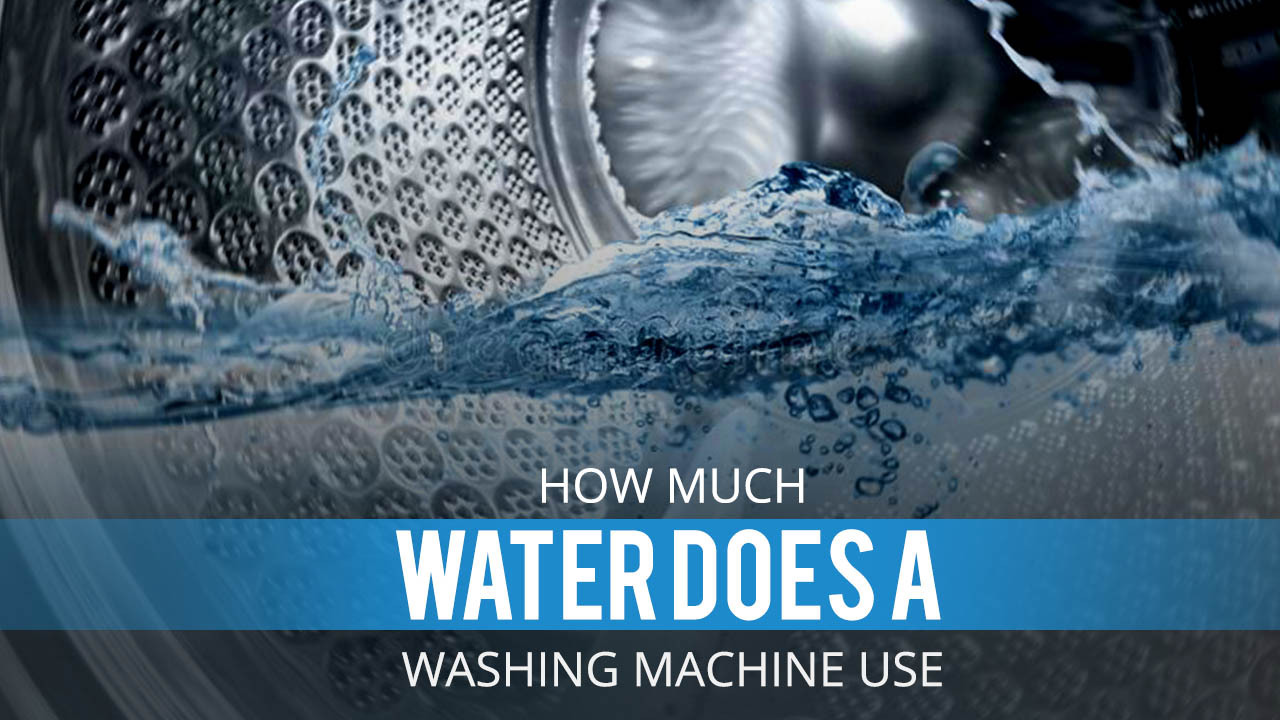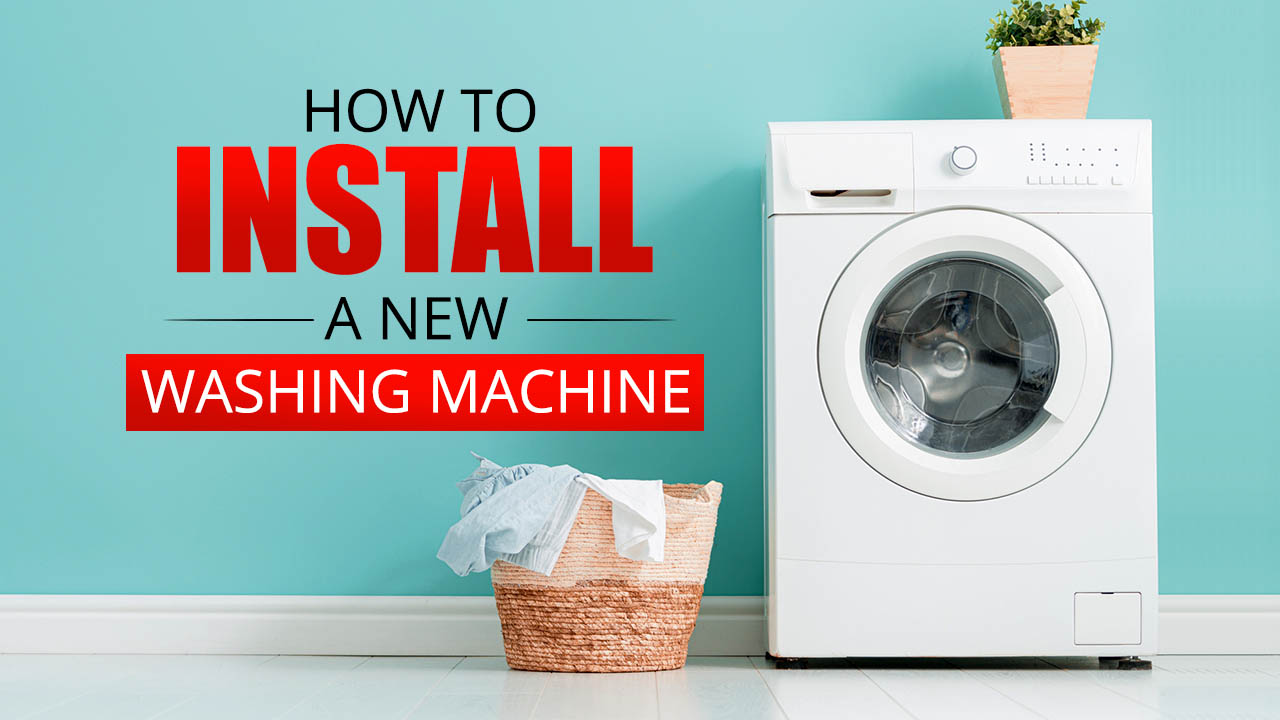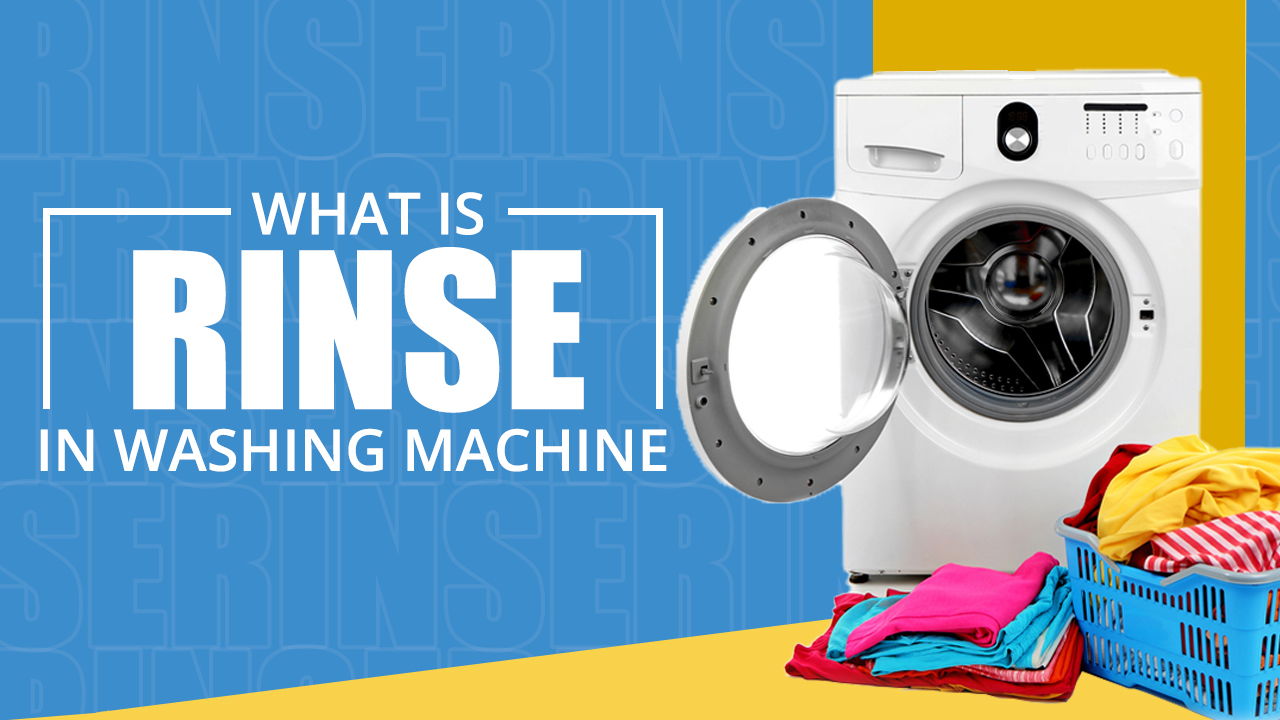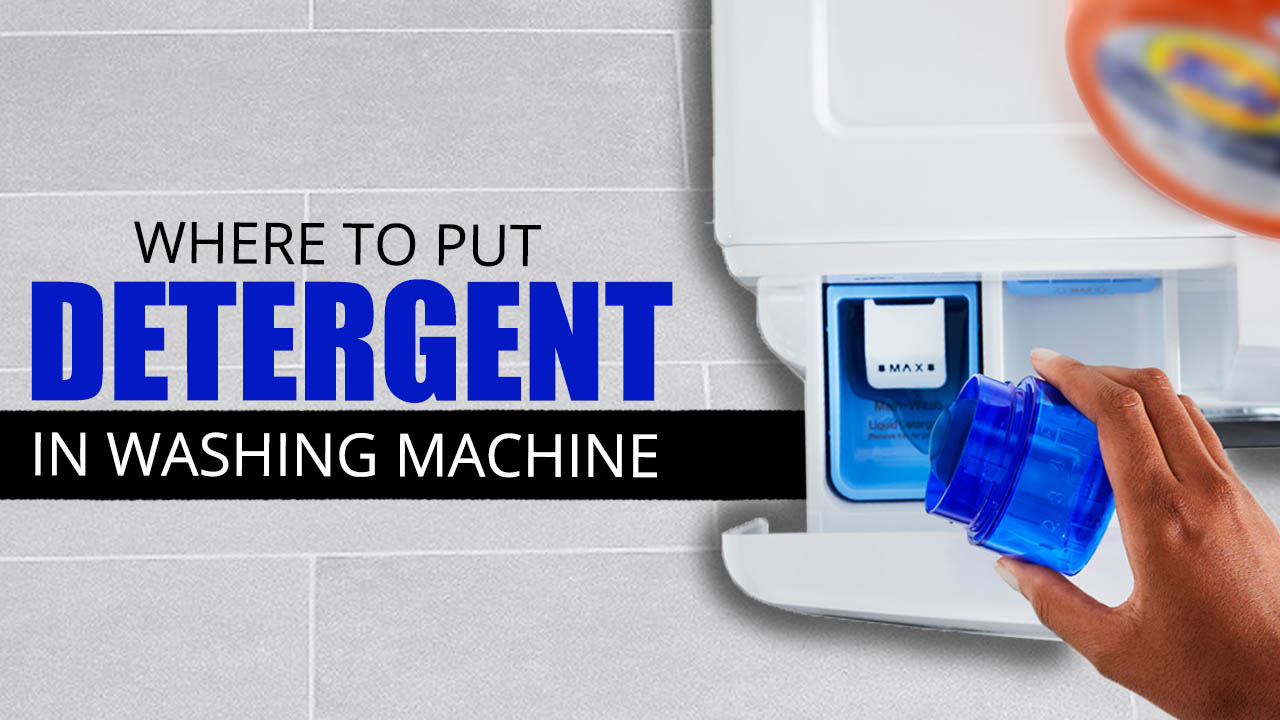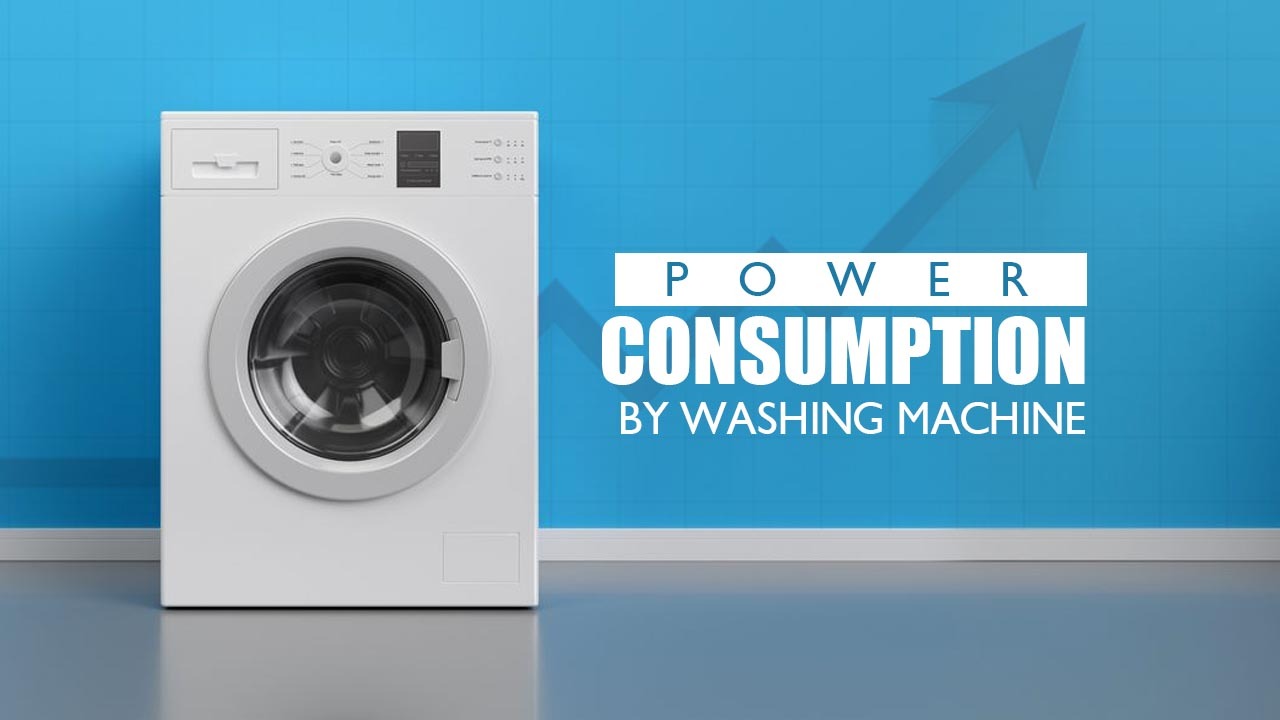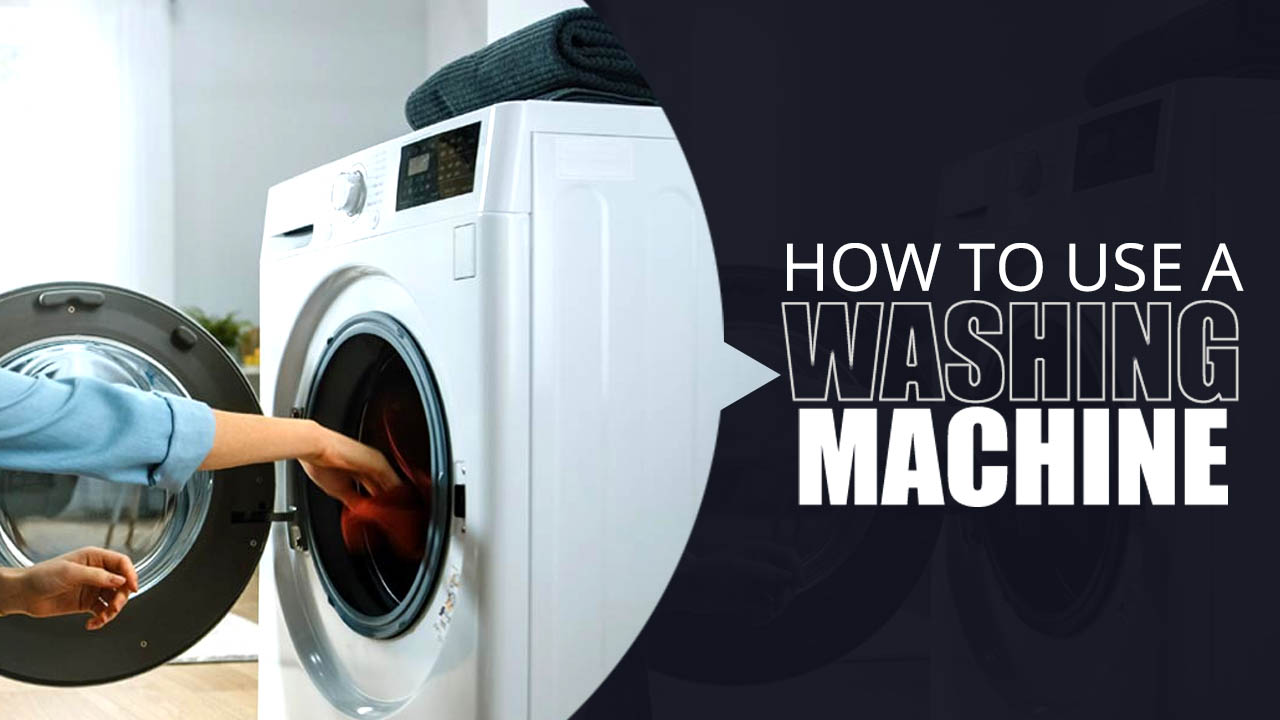Washing machines are highly convenient appliances. They not only cut your work and effort in half, but also provide a great and effective solution to washing clothes. The thing, however, is that washing machines also tend to use quite a bit of resources to run.
When comparing water consumption, you realize that washing clothes the old fashioned way, i.e. by hand, requires only a fraction of the water you would otherwise use in a washing machine. If you are wondering how much water does a washing machine use, the answer might not please you if you are an environmentalist.
Let us look at how much water washing machines consume, and how to regulate them by using simple tricks and methods.
Water Consumption of a Washing Machine – Detailed Explanation
So, you might already know there are two formats and two types of washing machines that are available in the market. Semi automatic washing machines take a very different amount of water than automatic washing machines, however, if the automatic washing machine is a front loader, then it takes less amount of water to function. Top loaders are generally the more water guzzling appliances out there.
Yes, it can be confusing. So, here is a quick table to help you remember.
| Type of Washing Machine | Water Consumption (Per Wash for an 8kg Washing Machine) |
| 1. Top Loading Semi-Automatic Washing Machine | 80-110L |
| 2. Top Loading Automatic Washing Machine | 120-160L |
| 3. Front Loading Automatic Washing Machine | 60-80L |
These numbers do fluctuate with the capacity of your washing machine as well. If you have a higher capacity washing machines, these numbers will most certainly go up. However, you can use these as a rule of thumb while buying a washing machine to get an idea of your utility bills accordingly.
The general consensus is that front loading washing machines are much better at water usage than top loaders. Semi-automatic top loaders often require a lot of water to clean clothes since they have very basic washing functions and you would have to manually set the rinse timer on the appliance as well.
What can affect washing machine water usage?
A washing machine’s efficiency might go down by each passing year. This means it will start taking more electricity and water to complete its wash cycles. Besides the age of the appliance, there are a lot of reasons your washing machine is demanding more water however. Let us see what can affect a washing machine’s functionality.
- Age of the washing machine – Any old appliance starts dilapidating and requiring more resources to run. So, if your washing machine is getting old, chances are its taking more resources than it should. Also, since new technologies are always coming out, an old washer would only mean that it does not contain the many newer technologies that can help you save up on resources like water.
- Capacity – Larger capacity washing machines tend to use more water for each load than a standard washing machine would otherwise. The bigger wash drum means it requires much more water for every wash cycle. So, do be mindful of that. If you have a bigger washing machine, you could possibly wait till you have enough laundry to wash. Sending your high capacity washing machine through multiple smaller loads would result in a much higher water consumption.
- Load size – The amount of laundry can also affect the amount of water that is required. Obviously, if you have more clothes, it would take more water to wash and rinse them out. If you have a smaller washing machine and tend to wash a lot of clothes at once, chances are creating these batches causes you to spend a lot of extra water on washing them.
- Laundry type – The type of laundry also affects water consumption. If you are washing bed sheets and jackets, be prepared to spare a lot more water. Jeans also take a lot of water to clean. You can easily create batches of clothes with a mix of easy to wash, and difficult to wash clothes for the best and most efficient wash.
- Wash cycles – Washing machines also come with different wash cycles. Each cycle washes clothes differently and therefore requires a different amount of water for each cycle. There are specific cycles that help you save water as well, but do make sure you completely understand what can be washed in it and what should not.
- Rinse – Rinsing washed clothes can be slightly difficult and can require a lot of water. There are rinse settings on automatic washing machines, however, in top loading washers, this rinse setting requires a lot of water. In front loading however, rinse function uses a lot less water as compared to top loaders.
Ways you can save water while washing clothes
There are ways you can cut down on water usage while washing clothes. It is crucial to understand your appliance and figure out ways you can save water.
Here are a few good techniques that can help your washer cut down on required resources.
- Load clothes evenly – Making sure you load your laundry evenly can make all the difference. In top loaders, this can be tricky, but consider a rule of thumb – put all heavy clothes on the top, while all the smaller ones go on the bottom. Making the right batches can also help you cut down on water usage.
- Use machine detergent – Normal washing detergent does not activate that well in washing machines. For that, get machine friendly machine detergent for a much more effective wash, which will also result in lesser amount of water used.
- Do not add more clothes once washing has begun – Once you have added clothes to the drum and started the wash cycle, avoid adding more clothes, especially heavier ones. You anyways cannot add more to a front loader, but in top loaders you still have the option to.
- Select wash cycles carefully – Making sure you select the right wash cycle is crucial. If you are confused, we suggest checking out the manual for a more in-depth understanding of what each cycle does. There are some washing machines that come with a water saving mode, you can also use that to conserve resources.
- Understand your appliance – This is very important. Since each appliance is quite different and its uses totally personalized, knowing your appliance can help you save quite a bit of water while washing your clothes. In the end, the total water consumption depends on the way you use the machine.
Conclusion
Washing machines can take quite a lot of resources to function well. While you can do your laundry without the use of one, and also save some water in the process, washing machines are highly convenient appliances, especially to the modern individual. Making sure you get an appliance that is not just bells and whistles, but also something substantial and effective must be your end goal. This not just affects the environment, but can potentially help you save a ton of money on your utility bills. If you want, you can invest in Bosch washing machines, they have some of the most water efficient models on the market.
Frequently Asked Questions (FAQs)
1. How much water does a 7kg washing machine use?
A 7kg top loader uses around 120L of water for a single wash cycle. A 7kg front loader on the other hand uses around 80L of water for a wash cycle. When it comes to semi automatic washing machines, a 7kg semi automatic would require more than 150L of water to finish a single wash cycle, which includes washing, rinsing, and drying.
2. Do washing machines use more water than hand washing?
Yes. Washing machines use a lot more water than hand washing. On average, washing clothes by hand takes up less than 40L of water. Whereas in a washing machine, that same load can take up to 120L of water.
3. Do front loaders use more water than top loaders?
No. Top loaders actually require much more water to run than front loaders. Top loading semi automatic machines are the most water guzzling appliances, while front loading washing machines tend to be most water efficient.
